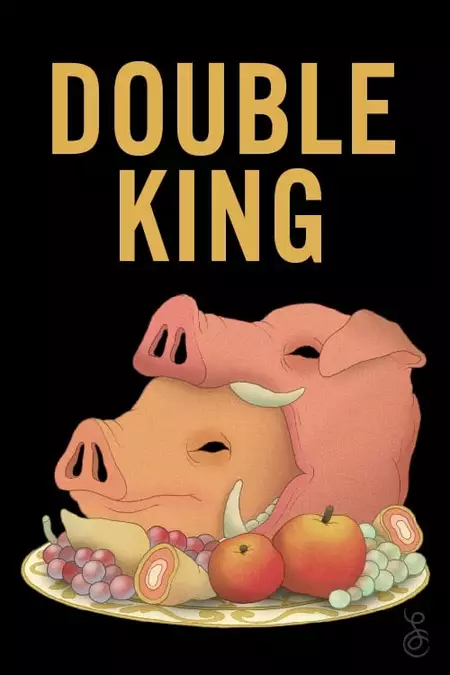Fritz the Cat (1972)
Fritz the Cat (1972)
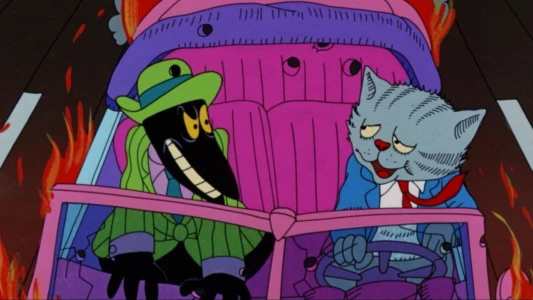
Plot.
Where to Watch.
 Subs
Subs Subs
Subs Subs
Subs Subs
Subs Subs
SubsCurrently Fritz the Cat is available for streaming online, rent, buy or watch for free on: MGM Plus, fuboTV, MGM+ Amazon Channel, MGM Plus Roku Premium Channel, Philo
Streaming in:🇺🇸 United States

Cast & Crew.

Skip Hinnant
Fritz the Cat (voice)

Rosetta LeNoire
Bertha / Additional Female Crows (voice)

John McCurry
Blue / John / Additional Voices (voice)

Phil Seuling
Pig Cop #2 (voice)
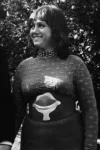
Judy Engles
Winston Schwartz / Lizard Leader (voice)

Ralph Bakshi
Narrator / Pig Cop #1 (voice) / Director / Screenplay

Mary Dean
Girl #1 / Girl #2 / Girl #3 / Harriet (voice)

Charles Spidar
Bar Patron / Duke the Crow (voice)

Robert Crumb
Characters

Steve Krantz
Producer

Ed Bogas
Original Music Composer / Music Director

Ray Shanklin
Original Music Composer

Ted C. Bemiller
Director of Photography

Gene Borghi
Director of Photography

Renn Reynolds
Editor

Milton Gray
Animation

Susan Jonas
Special Effects

Helen Jordan
Special Effects

Irene Sandberg
Special Effects

Edwin Aardal
Animation

Fred Abranz
Animation

Cosmo Anzilotti
Animation

Clifford Augustson
Animation

Ted Bonnicksen
Animation

Robert Brown
Animation

Ethlynn Dalton
Animation

James Davis
Animation

Dotti Foell
Animation

Jack Foster
Animation

John Gentilella
Animation

Karen Haus
Animation

Jack Kerns
Animation

Bob Kirk
Animation

Helen Komar
Animation

Michael Lloyd
Background Designer

Jim Logan
Animation

Dick Lundy
Animation

Bob Maxfield
Animation

Norm McCabe
Animation

M. Frann McCracken
Animation

Lew Ott
Layout

Larry Riley
Animation

Virgil Ross
Animation

Rod Scribner
Animation

John Sparey
Animation

Nick Tafuri
Animation

Martin Taras
Animation

Ira Turek
Background Designer

James Tyer
Animation

John Vita
Background Designer

Art Vitello
Animation

John Walker
Animation

Ray Young
Animation

Ellie Zika
Color Designer

Marion Nobel
Production Office Assistant

Jay Fukuto
Executive Producer
Media.












Details.
Release DateApril 12, 1972
StatusReleased
Running Time1h 18m
Content RatingNC-17
Budget$850,000
Box Office$90,000,000
Genres
Last updated:
This Movie Is About.
Wiki.
Fritz the Cat is a 1972 American adult animated black comedy film written and directed by Ralph Bakshi in his directorial debut. Based on Robert Crumb's comic strip of the same name, the film focuses on its Skip Hinnant-portrayed titular character, a glib, womanizing and fraudulent cat in an anthropomorphic animal version of New York City during the mid-to-late 1960s. Fritz decides on a whim to drop out of college, interacts with inner city African American crows, unintentionally starts a race riot and becomes a leftist revolutionary. The film is a satire focusing on American college life of the era, race relations, and the free love movement, as well as serving as a criticism of the countercultural political revolution and dishonest political activists.
The film had a troubled production history, as Crumb, who is a leftist, had disagreements with the filmmakers over the film's political content, which he saw as being critical of the political left. Produced on a budget of $700,000, the film was intended by Bakshi to broaden the animation market. At that time, animation was seen predominantly as a children's medium. Bakshi envisioned animation as a medium that could tell more dramatic or satirical storylines with larger scopes, dealing with more mature and diverse themes that would resonate with adults. Bakshi also wanted to establish an independent alternative to the films produced by Walt Disney Productions, which dominated the animation market due to a lack of independent competition.
The film's depiction of profanity, sex, and drug use, particularly cannabis, provoked criticism from more conservative members of the animation industry, who accused Bakshi of attempting to produce a pornographic animated film, as the concept of adult animation was not widely understood at the time. The Motion Picture Association of America gave the film an X rating (the predecessor of the NC-17 rating), making it the first American animated film to receive the rating, which was then predominantly associated with more arthouse films.
The film was highly successful, grossing over $90 million worldwide, making it one of the most successful independent films of all time. It earned significant critical acclaim in the 1970s, for its satire, social commentary and animations, although it also attracted some negative response accusing it of racial stereotyping and having an unfocused plot, and criticizing its depiction of graphic violence, profanity, sex and drug use in the context of an animated film. The film's use of satire and mature themes is seen as paving the way for future animated works for adults, including The Simpsons, South Park, Beavis and Butt-Head, and Family Guy.
A sequel, The Nine Lives of Fritz the Cat (1974), was produced without Crumb's or Bakshi's involvement.
You May Also Like.
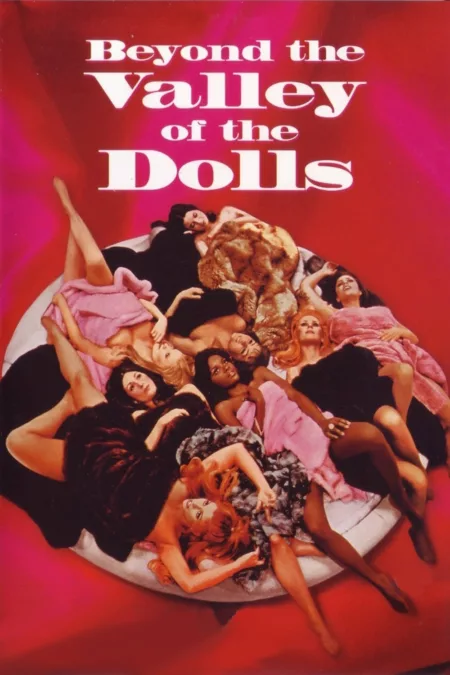
Beyond the Valley of the Dolls (1970)
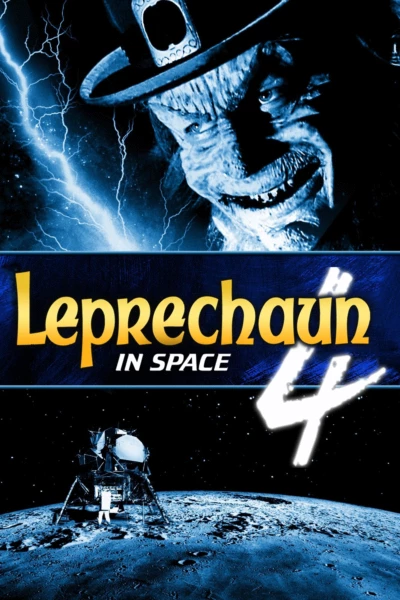
Leprechaun 4: In Space (1997)
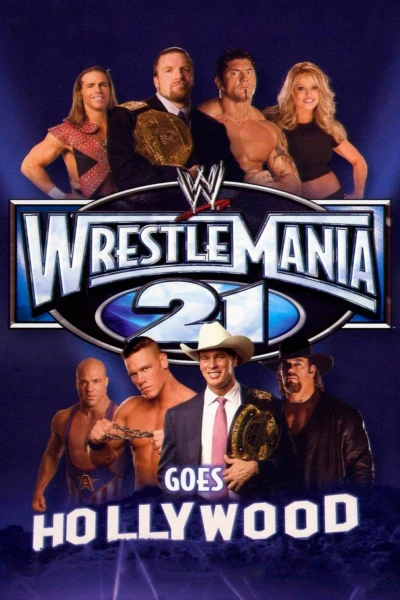
WWE WrestleMania 21 (2005)
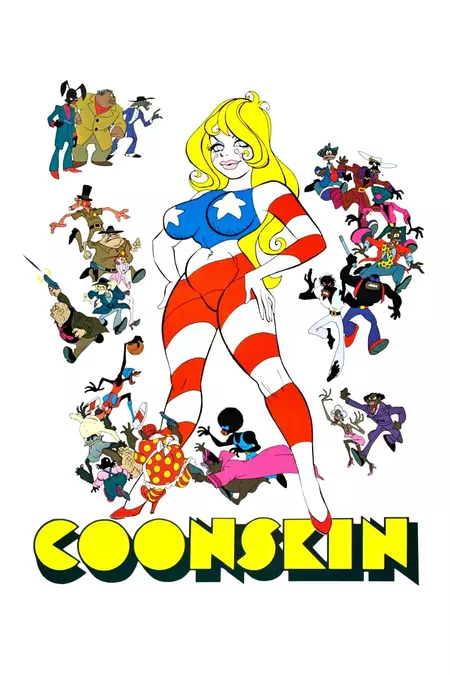
Coonskin (1975)
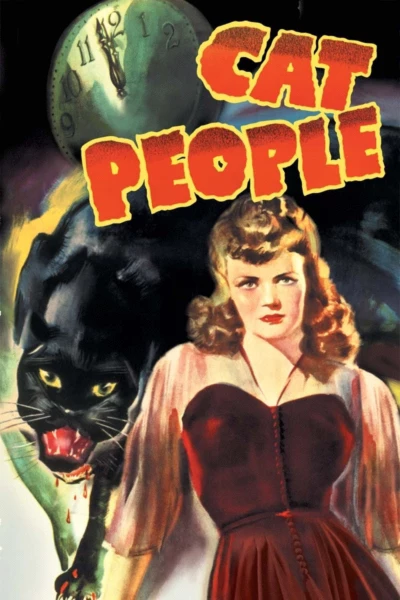
Cat People (1942)
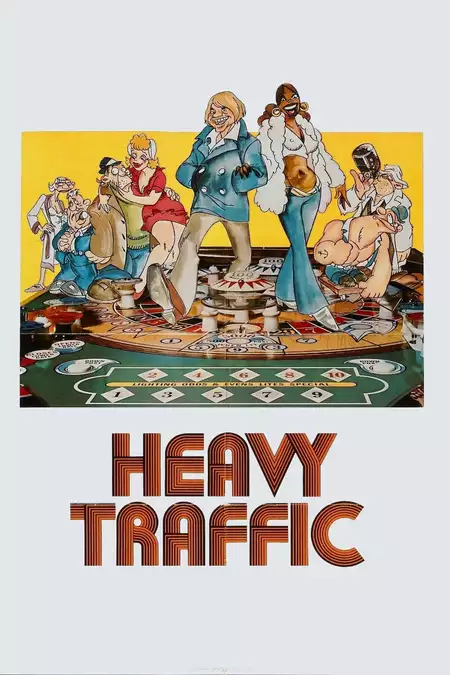
Heavy Traffic (1973)
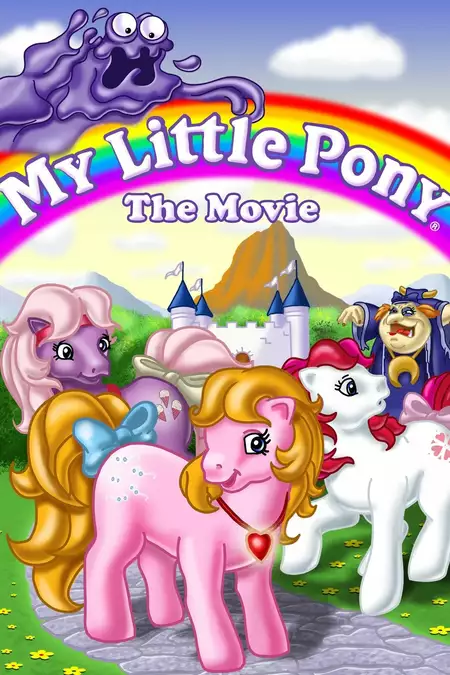
My Little Pony: The Movie (1986)
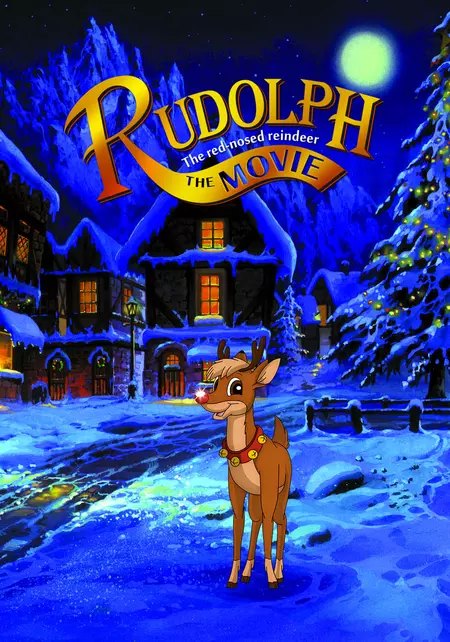
Rudolph the Red-Nosed Reindeer: The Movie (1998)
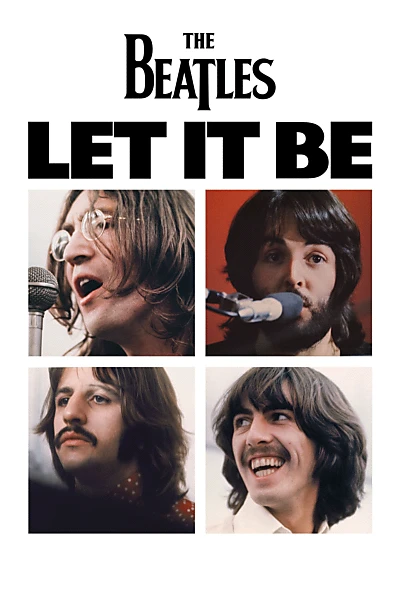
Let It Be (1970)
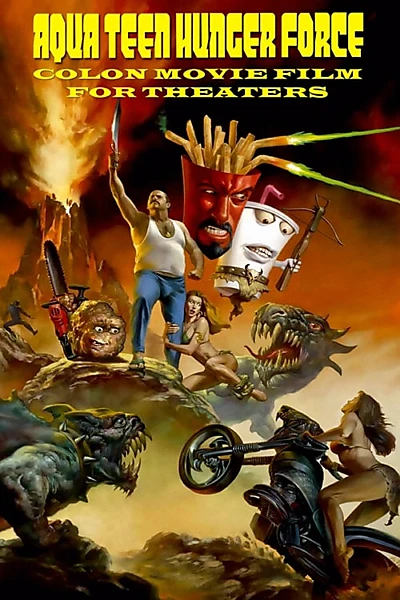
Aqua Teen Hunger Force Colon Movie Film for Theaters (2007)
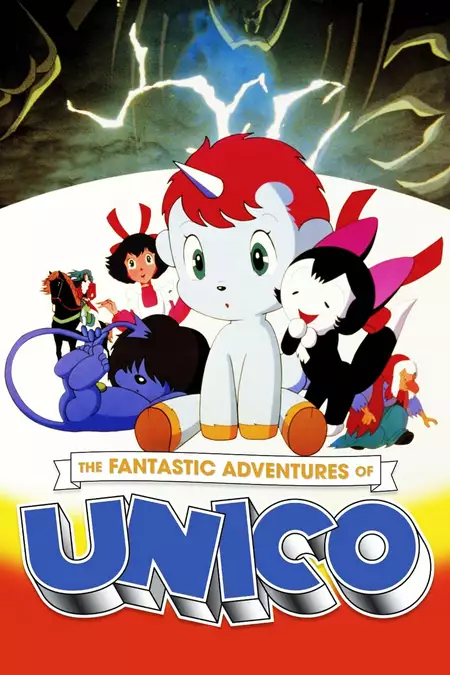
The Fantastic Adventures of Unico (1981)
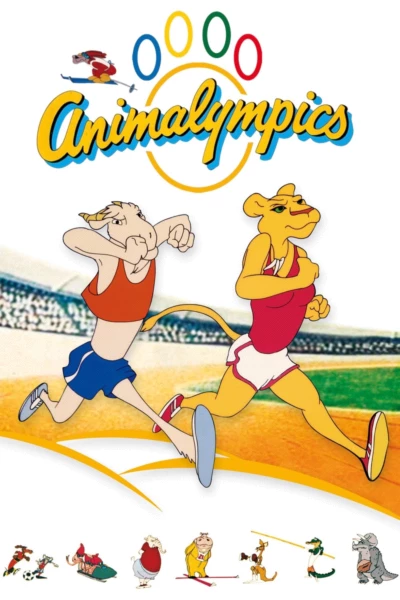
Animalympics (1980)
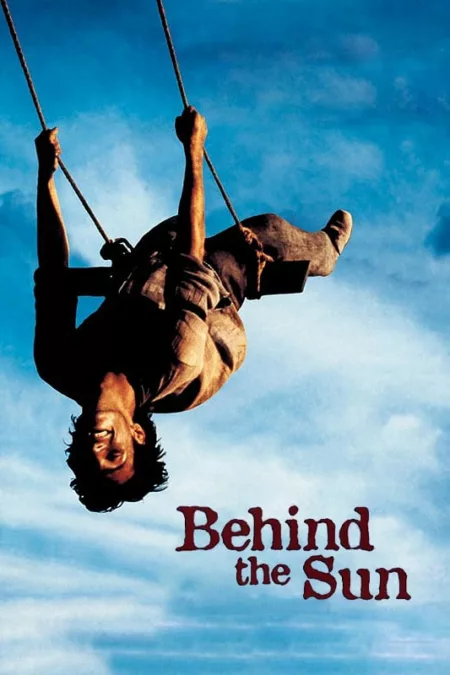
Behind the Sun (2001)
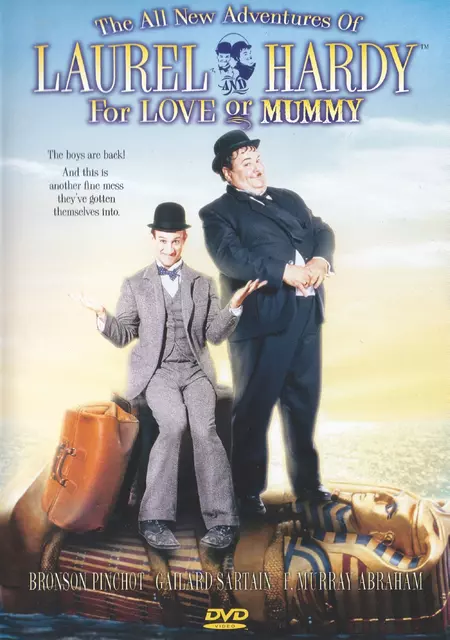
The All New Adventures of Laurel & Hardy in For Love or Mummy (1999)
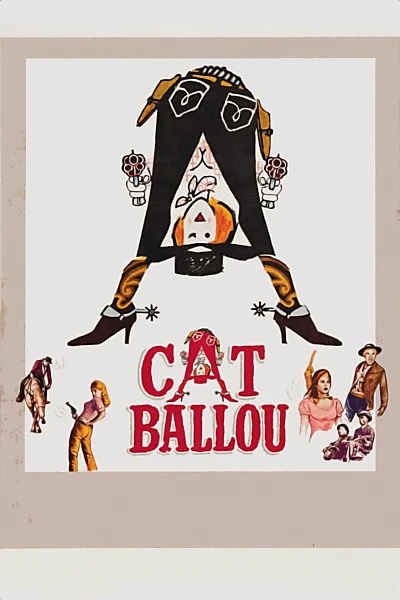
Cat Ballou (1965)
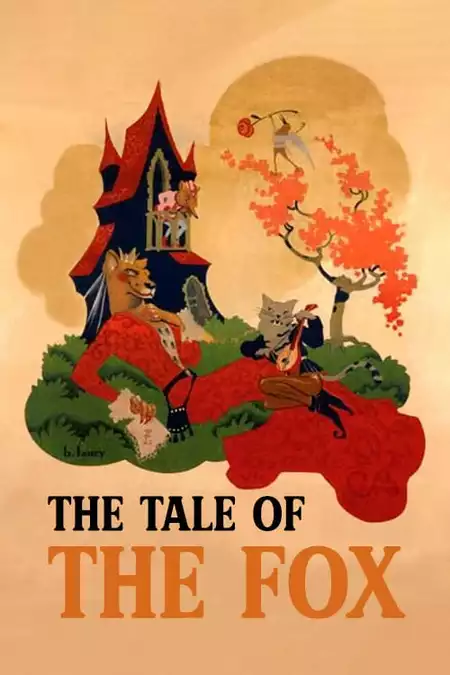
The Tale of the Fox (1941)
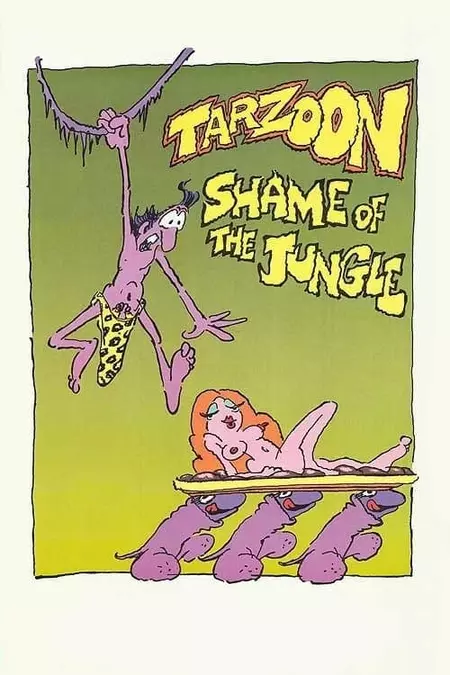
Tarzoon: Shame of the Jungle! (1975)
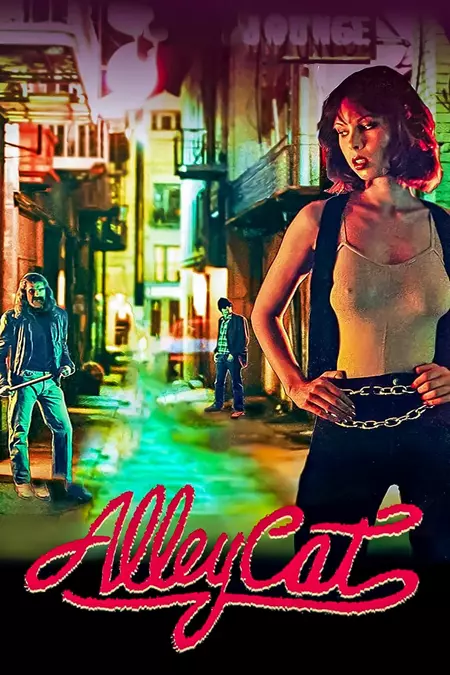
Alley Cat (1984)
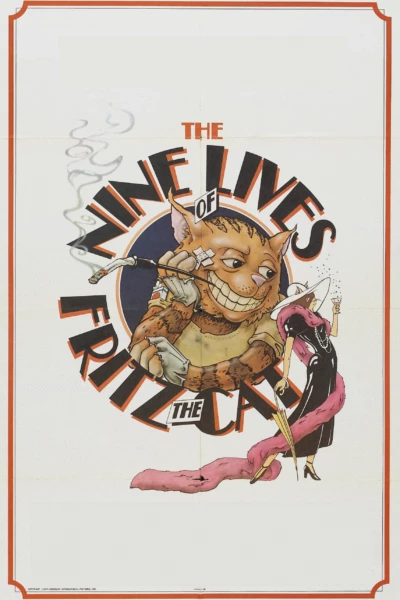
The Nine Lives of Fritz the Cat (1974)
